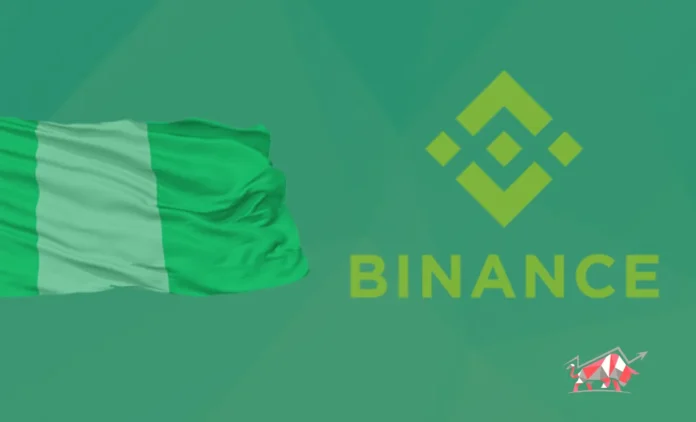In a press release aimed at its Nigerian clientele, Binance distanced itself from rumors of currency speculation exacerbating the weakness of the naira, Nigeria’s national currency. Reports surfaced indicating that the exchange had previously placed restrictions on USDT sales on its peer-to-peer (P2P) marketplace, prompting traders to explore alternative platforms offering better rates.
Traders in Nigeria voiced their discontent on Tuesday, Feb. 20, as they found themselves unable to buy or sell USDT on the exchange, citing a cap of 1802 NGN to $1 for those looking to sell their USDT.
Binance Responds to Concerns
Addressing the situation, Binance issued a statement on Feb. 21, explaining that adjustments were made to facilitate uninterrupted trading. The exchange clarified that it is not responsible for setting foreign exchange rates and attributed the temporary halt in trading to significant currency movement, emphasizing its commitment to safeguarding users’ interests.
The ongoing depreciation of the naira against major currencies, notably the dollar and the Great British Pound, has intensified scrutiny on Binance’s P2P platform. With the naira’s value plummeting, stakeholders are seeking explanations, with some pointing fingers at cryptocurrency markets as contributing factors.
Nigeria’s Regulatory Landscape and Binance’s Compliance Efforts
Binance emphasized its collaboration with local authorities, lawmakers, and regulators to ensure compliance with relevant regulations. The exchange’s actions come amidst evolving regulatory dynamics in Nigeria’s crypto space. While the Central Bank of Nigeria (CBN) previously imposed restrictions on crypto-related activities, including a ban on servicing crypto-related accounts, it later revised its stance, allowing financial institutions to engage with virtual asset service providers (VASPs) while maintaining restrictions on holding or transacting cryptocurrencies.


